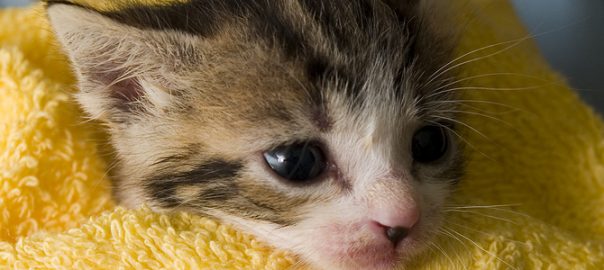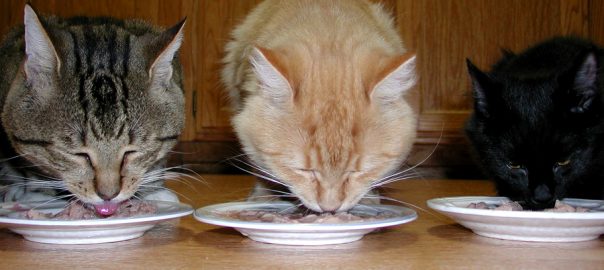A reader was looking for mild alternatives to canine-formula shampoos for her dog. Here’s what I had to say.
Q: Is it OK to use Dawn dishwashing detergent to bathe my dog? What about baby shampoo? I want to use something mild.
A: We turned to a couple of coat and skin experts to find the answer. Amelia White is a veterinary dermatologist at Alabama’s Auburn University, and Julie Ellingson is a professional dog groomer in Sacramento, California.
Dawn has a reputation for being effective because we often hear about it being used to remove crude oil from water birds after oil spills. But there’s a big difference between crude oil and the oil and dirt on your dog’s skin. Dawn isn’t made for use on dogs, and it’s too harsh for their skin — which is thinner than our own, Ellingson says. Besides being harsh, it can cause other problems, she adds.
“I have seen more than a few ulcerated eyes in dogs from people using Dawn to strip out greasy ears. The dog shakes and the soap gets in the eyes and burns them. It’s not worth the risk.”
Baby shampoo, while gentle for babies, isn’t made for a dog’s skin, either. “The pH, or acidity, of baby skin is different than dogs’,” Dr. White says. “If you bathe dogs with human-grade shampoos, that can make them have increased scaling, or what people call dandruff.”
That’s because baby shampoo changes the pH in canine skin and makes their skin cells slough off faster than they’re supposed to, which looks like dandruff. Then you think, “Oh, no, they’re dirty,” and you bathe them more frequently, exacerbating the problem.
What should you use? There are many good, mild and effective shampoos made specifically for dogs. “Choose a dog shampoo, something that is gentle and cleansing, preferably something that is oatmeal-based,” Dr. White says.
There’s more in Pet Connection, the weekly nationally syndicated pet feature I co-write with Kim Campbell Thornton and my daughter, trainer Mikkel Becker.




